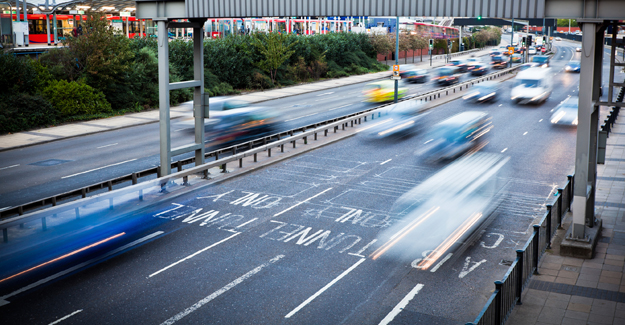Big rise in casualties with serious injuries
The number of people killed on Britain’s roads reached a five-year high last year, new figures show.
Some 1,792 deaths were recorded in road traffic accidents in 2016, up 4% on the previous year, the most since 2011.
Pedestrian deaths saw the largest year-on-year rise at 10%, followed by car occupants (8%).
The Department for Transport (DfT), which produced the data in its annual Reported Road Casualties GB report, described the increase in fatalities as “not statistically significant”, adding that it is likely due to “natural variation”.
Traffic levels increased 2.2% between 2015 and 2016.
Some 24,101 people were seriously injured on Britain’s roads in 2016.
This represents a 9% rise on the previous year, but the DfT warned that comparisons should be “interpreted with caution” due to changes in the way police forces are classifying the severity of injuries.
Steve Gooding, director of the RAC Foundation, said:
“These numbers tell a familiar story. Since 2011 there has been next to no progress made in cutting the number of crash deaths.
“The silver lining is that a new accident reporting system means we are gathering better data than ever on the harm being done on the roads.
“It is time for the establishment of a road accident investigation branch – similar to the teams we see in the rail and aviation industries – so lessons can be learned and best practice shared across the country to help bring down these stubbornly high figures.
“Humans will always be the weak link, so we must continue reengineering our most dangerous roads to stop the worst accidents happening or mitigate their effects when they do.
“Employers should be reminded of their duty of care to employees who drive. Around a third of people who are hurt on the roads are driving for work. Professional drivers must not be put under so much pressure to meet deadlines and targets that they cut safety corners.”
The data also shows that the number of people killed in accidents where the use of a mobuile phone was a contributory factor rose from 22 to 35 (59% rise) and those seriously injured jumped from 99 to 137 (38% rise).
Steve Gooding added:
“Even this big rise is likely to be an underreporting of the true scale of the problem which can be difficult for police to detect. It seems too many drivers still can’t resist picking up the mobile whilst at the wheel. Forget all the technological solutions, the best ‘drive safe’ mode is reached via one click of the power off button.”
ENDS
Contacts:
Philip Gomm – Head of External Communications – RAC Foundation
020 7747 3445 | 07711 776448 | [email protected] | 020 7389 0601 (ISDN)
Notes to editors:
The RAC Foundation is a transport policy and research organisation that explores the economic, mobility, safety and environmental issues relating to roads and their users. The Foundation publishes independent and authoritative research with which it promotes informed debate and advocates policy in the interest of the responsible motorist.
The RAC Foundation is a registered charity, number 1002705.
All the Foundation’s work is available on its website:


